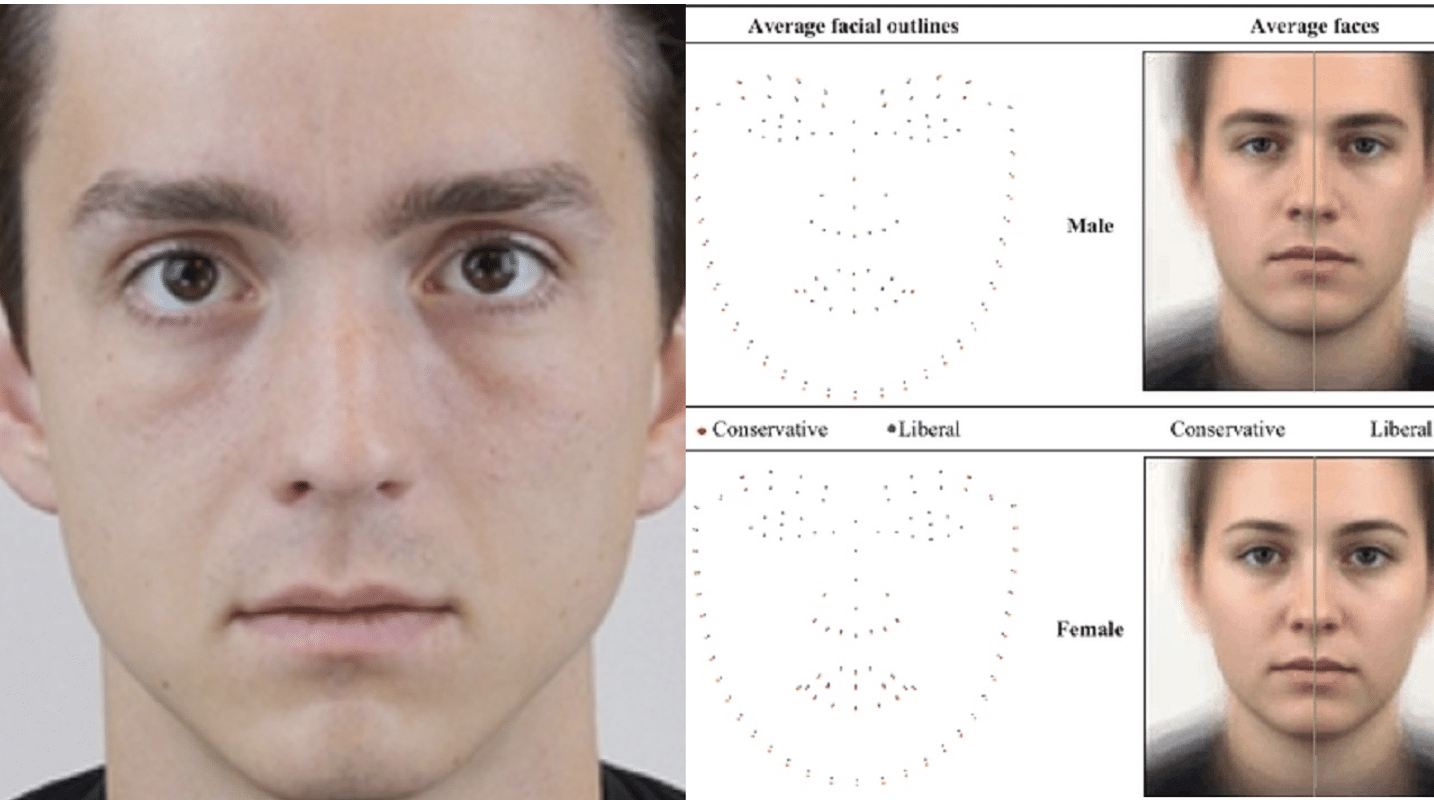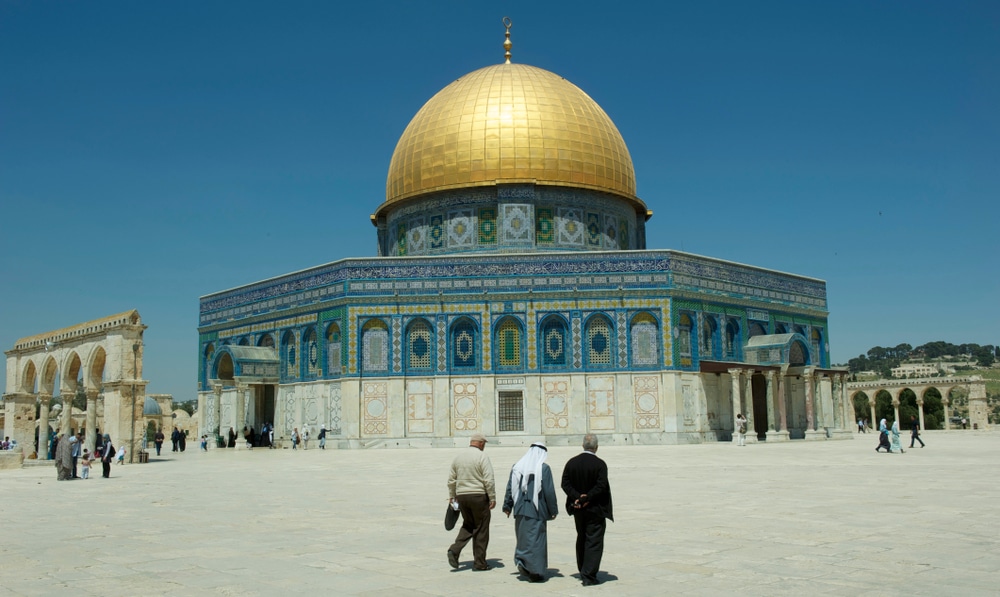Montaigne, Goethe and Edward Gibbon were the first to question the reasons that led the greatest empire in history, Rome, to its rapid decline and agony. An English historian, Michael Grant, spotted the similarities between Rome and the West: the rich, enormously rich, who were detached from the social fabric; the middle class that lost the capacity of resistance; the bureaucracy that extended uncontrollably; the political class that isolated itself from the feelings of the masses.
After the First World War, a German teacher named Oswald Spengler published the first volume of one of the most influential books of the century, “Der Untergang des Abendlandes,” translated as “The Decline of the West”. However, until the collapse of the Soviet Union, historians focused on what British historian J. M. Roberts called “The triumph of the West” in a book published in 1985. There was also the liberal tradition expressed by Gore Vidal’s “Decline and fall of the American Empire”, the risk that the United States could suffer the end of Rome, the fear that the republican institutions could suffer under an imperial presidency. CONTINUE

















